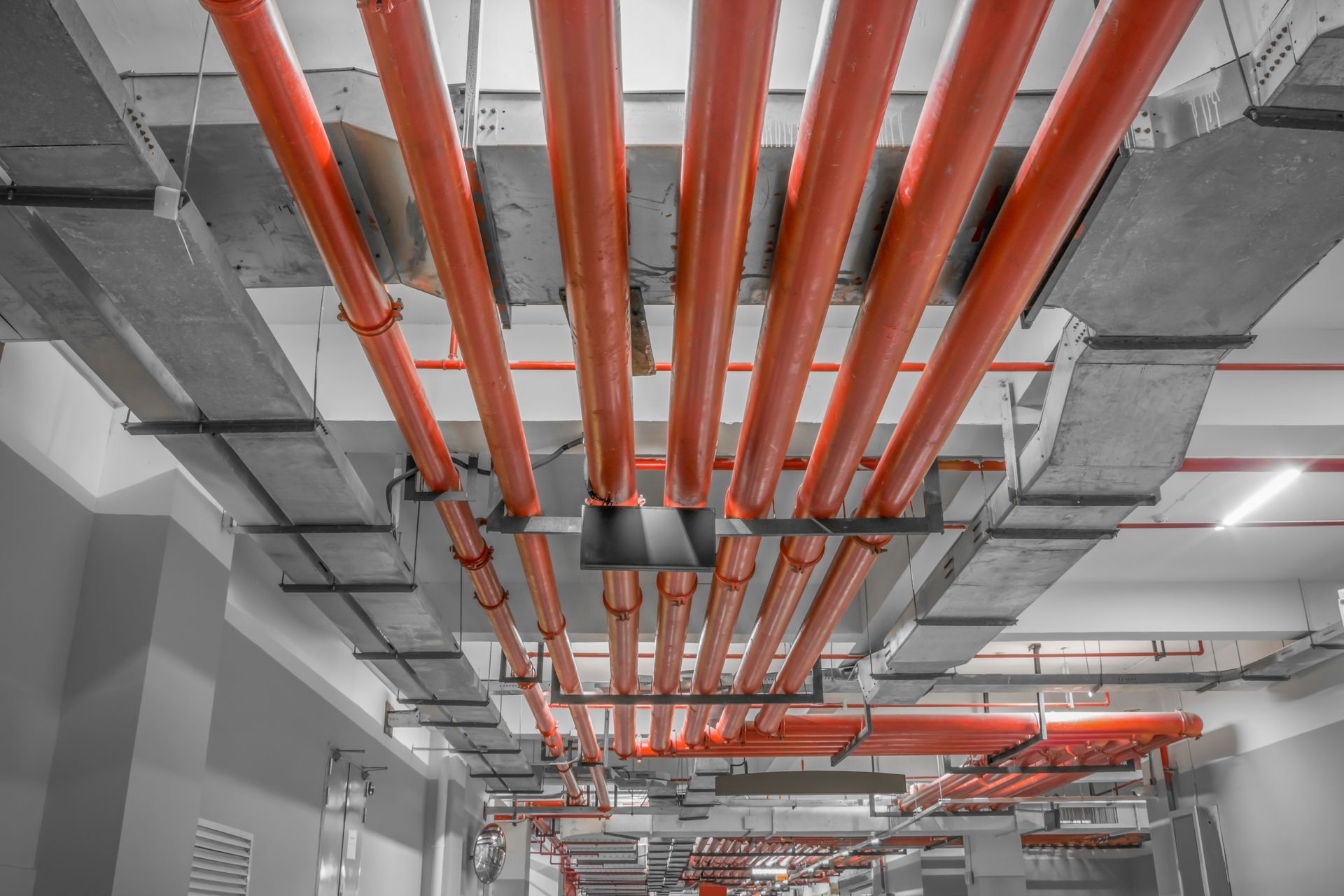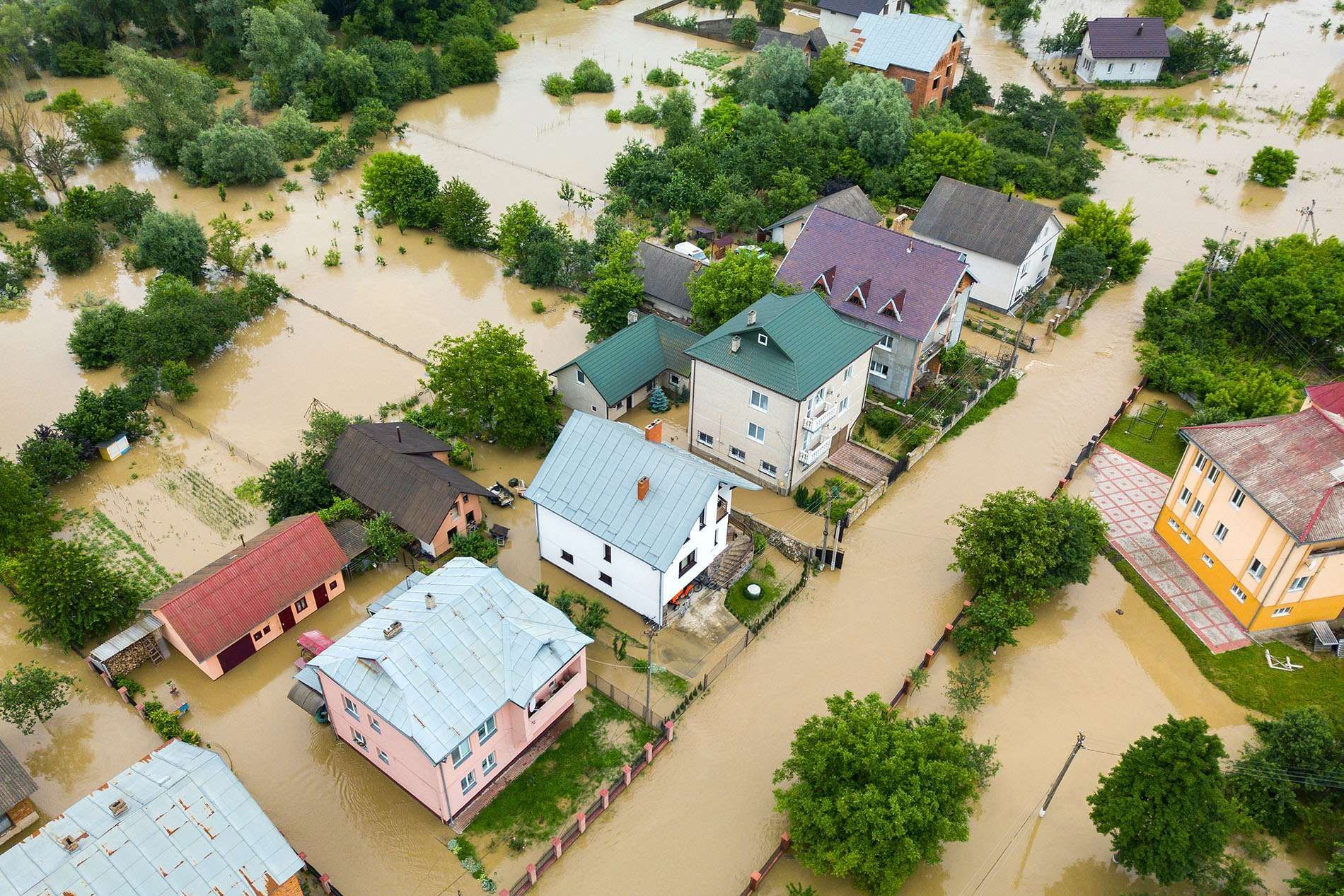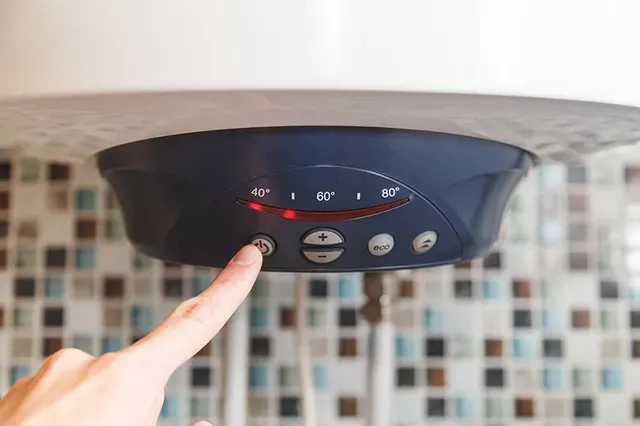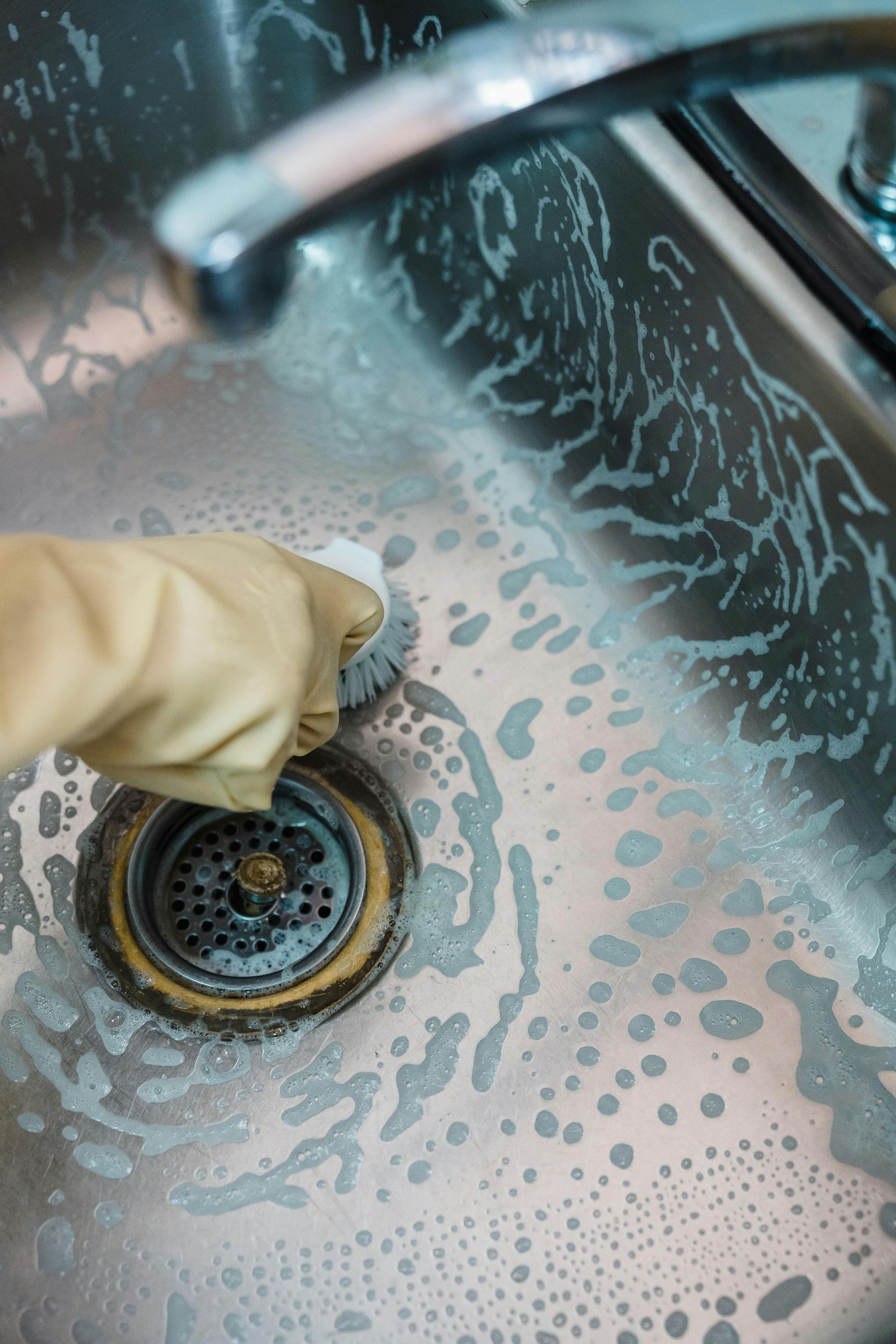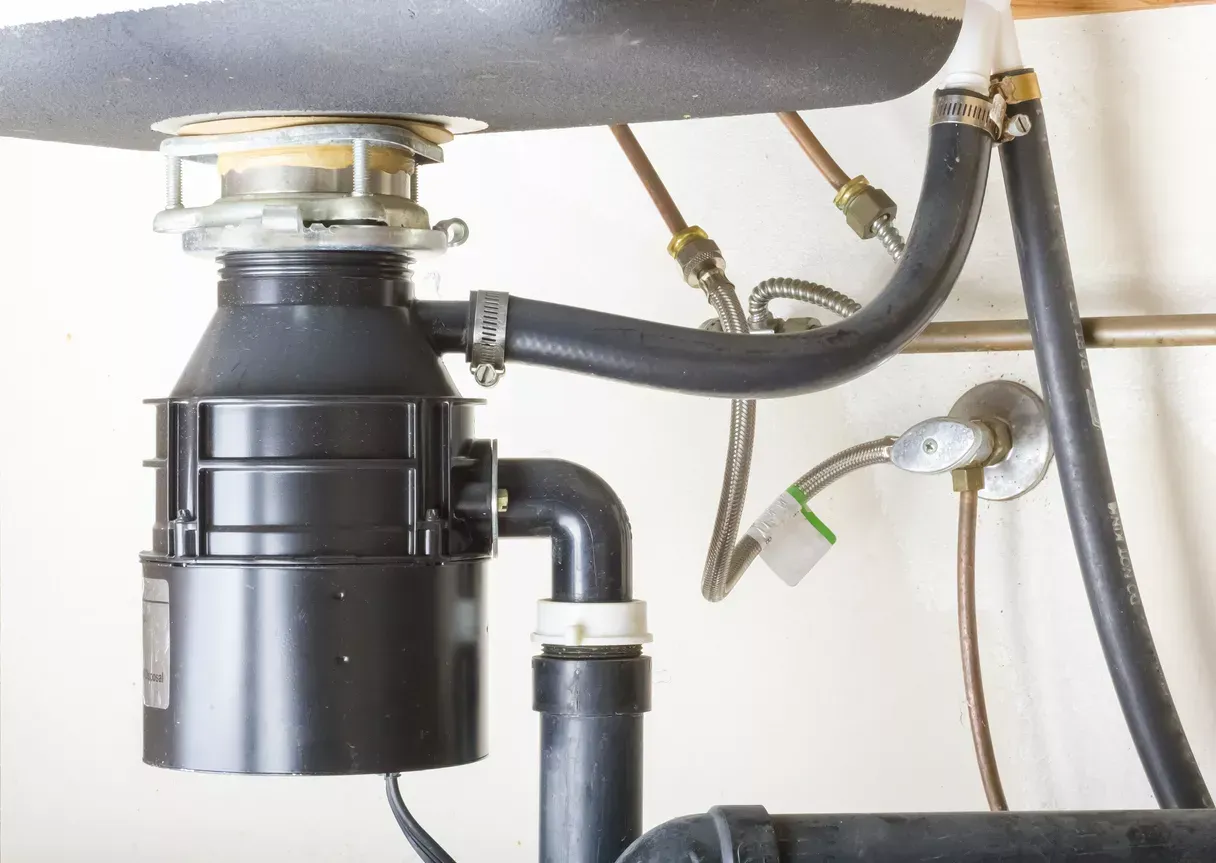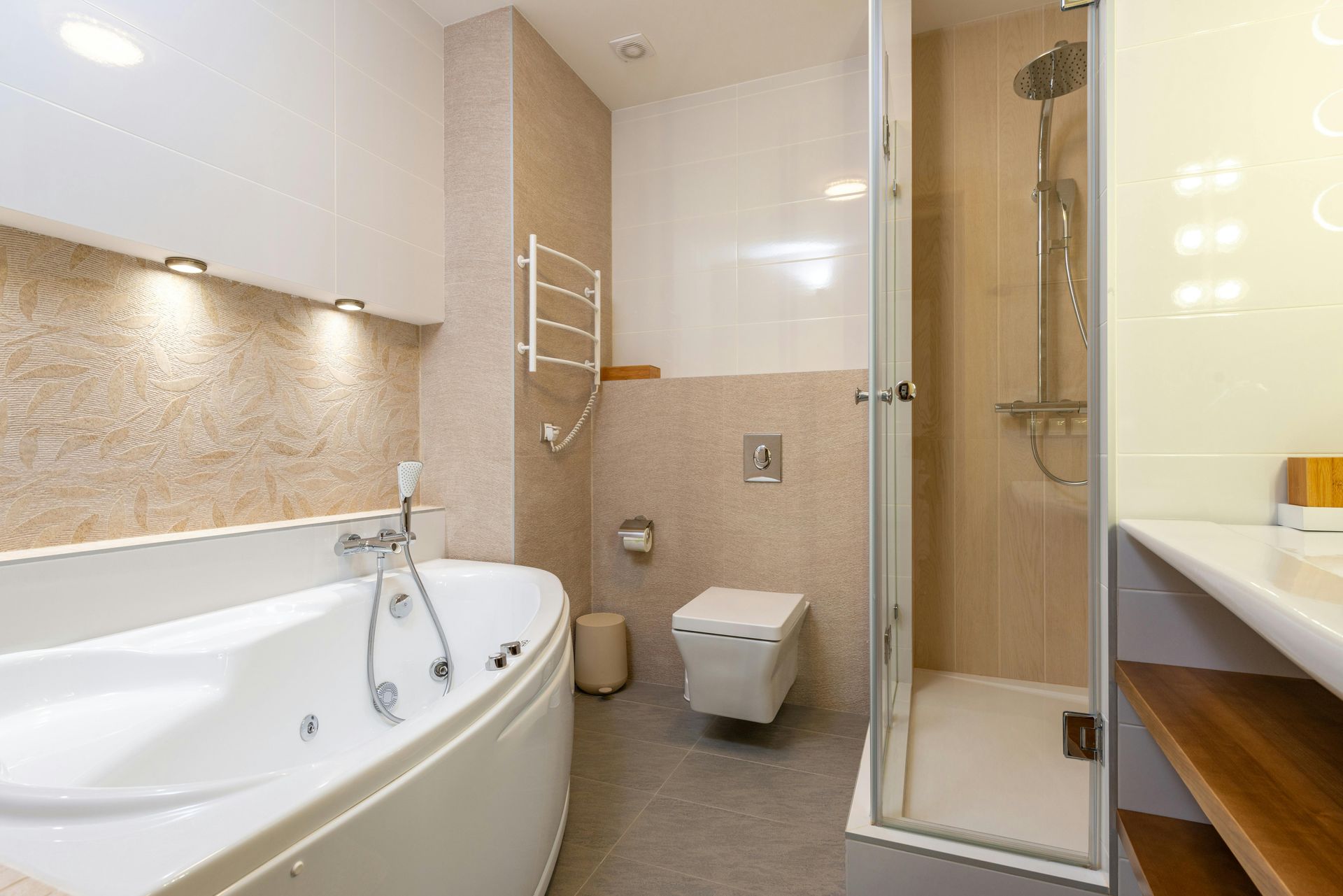Benefits of Having an Expansion Tank Installed in Your Home
Plumbing might not be the flashiest part of homeownership, but it sure plays a starring role in your day-to-day comfort. You turn on the tap, flush the toilet, take a hot shower—and it all just works. Or at least, it should. Behind the scenes, however, your water heater is constantly adjusting to temperature changes, and when that pressure builds up, it needs somewhere to go. That’s where an expansion tank comes in.
Not the most talked-about upgrade, but absolutely one of the smartest ones you can make. Let’s dive into what expansion tanks do, why they matter, and how they protect your home (and wallet) from some seriously sneaky damage.
Ways Your Bathroom Could Be Costing You Money
Understanding the Problem: What Causes Pressure in a Water Heater?
To appreciate the role of an expansion tank, you first need to understand what’s going on inside your plumbing system. When water is heated, it expands. It’s simple physics. And in a closed plumbing system, where backflow prevention devices or check valves are installed, this expanded water has nowhere to go.
Instead of gently flowing back into the municipal supply line, the pressure increases inside your home’s pipes. Over time, this repeated stress wears down pipe joints, weakens your water heater tank, and can even lead to burst pipes or failed fixtures. It’s like putting too much air in a tire—it’ll hold, but only for so long.
What Is an Expansion Tank, Exactly?
An expansion tank is a small, secondary tank installed on your water heater’s supply line. Inside it is a rubber bladder that divides the tank into two chambers: one for air, and one for the expanding water. As your heater warms up and the water expands, the excess is gently absorbed into the expansion tank instead of building up pressure in your plumbing.
Think of it as a safety cushion for your system. It quietly absorbs the stress so the rest of your pipes don’t have to.
Key Benefits of Installing an Expansion Tank
1. Protects Your Water Heater from Premature Failure
Water heaters are built to last—but not forever. Repeated exposure to high pressure shortens their lifespan significantly. By installing an expansion tank, you're easing that internal pressure, allowing your heater to function under less strain and with fewer emergency breakdowns. This can add years to its life and save you from a surprise cold shower one winter morning.
2. Reduces Risk of Burst Pipes or Leaks
When water has nowhere to go, it forces its way into every corner of your plumbing system. Over time, this leads to cracks, loose joints, or full-on pipe bursts. And let’s not forget the slow, hidden leaks inside walls or ceilings that can cost thousands in repairs. An expansion tank relieves that pressure spike, dramatically reducing these risks.
3. Helps Maintain Consistent Water Pressure
Ever notice a sudden drop in water pressure after running hot water for a while? Or an annoying hammering noise when the faucet shuts off? These are subtle signs of water pressure imbalance. An expansion tank evens things out, keeping your pressure stable and your fixtures working smoothly.
4. Brings Your Home Up to Code in Many Areas
In many parts of the U.S., expansion tanks are now a code requirement—especially in newer homes or those with backflow prevention systems. If you're renovating or installing a new water heater, having an expansion tank can ensure compliance and avoid potential issues with permits or inspections.
Risks of Not Having an Expansion Tank
It’s easy to shrug off the idea of a tank you never see or think about. But ignoring it can come at a price. Without that safety valve, your water heater takes on the brunt of every thermal expansion cycle. Over time, this causes leaks from the tank’s seams, failing pressure relief valves, and even tank rupture.
In severe cases, the pressure buildup can push water back into your main supply lines, possibly contaminating your neighborhood’s water if a backflow preventer isn’t in place. That’s not just risky—it’s potentially illegal.
More often, though, the damage is slow, silent, and expensive. A pinhole leak behind your drywall doesn’t show up until mold appears, or your floor starts to warp. Expansion tanks prevent this from ever starting.
How to Know If You Need an Expansion Tank
If your home has a closed-loop plumbing system, chances are you need one. These systems include a backflow preventer or pressure regulator that stops water from re-entering the city supply. You can usually find out by checking near your main water shutoff valve.
Another clue? If your pressure relief valve (PRV) on the water heater frequently drips or releases water, it’s probably doing overtime to handle excess pressure—something an expansion tank could help control.
Still unsure? A licensed plumber can inspect your system and give you a definitive answer. And trust us—this is one inspection that’s worth every penny.
Installation: How It’s Done and What to Expect
The good news is, installing an expansion tank isn’t complicated or time-consuming. It usually takes less than an hour, especially if your water heater is relatively new and accessible. The plumber will mount the tank vertically or horizontally along the cold water supply line, ensure it’s pressurized correctly, and test the whole system.
Pro tip: the air pressure in the tank needs to match your home’s water pressure—usually around 50-60 PSI. Too high or too low, and the tank won’t work as it should.
This is why DIY installation is possible, but not always recommended unless you’re familiar with pressure gauges and basic plumbing.
Tips for Maintaining Your Septic Tank System
Preventive Measures and Long-Term Care
Once installed, your expansion tank doesn’t need much maintenance—but it shouldn’t be forgotten. Every few years, check the air pressure using a simple tire gauge at the Schrader valve on top of the tank. If it drops too low, you can add air with a standard bike pump.
More importantly, listen for signs of failure: unusual clunking noises, water leaks from the tank, or hot water issues can all signal that it’s time for a replacement. The average lifespan of an expansion tank is around 5–10 years, depending on water quality and pressure levels.
Final Thoughts: Small Addition, Huge Protection
In the grand scheme of home improvements, an expansion tank might not feel like a big deal—but its benefits are enormous. It protects your plumbing, extends the life of your water heater, and can even save you from expensive water damage down the road.
In short? It’s a quiet defender of your home’s comfort and safety.
If you’re planning a plumbing upgrade, installing a new water heater, or noticing subtle signs of pressure-related issues—this tiny tank is worth your attention. And once it’s installed, you can go back to enjoying your hot showers without worrying about what’s bubbling underneath.


